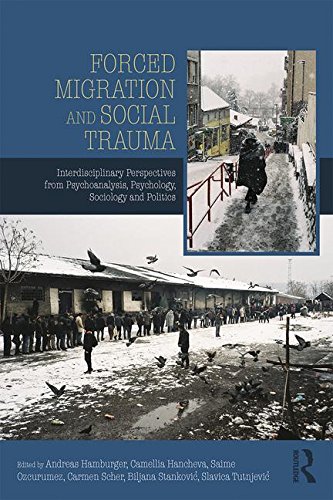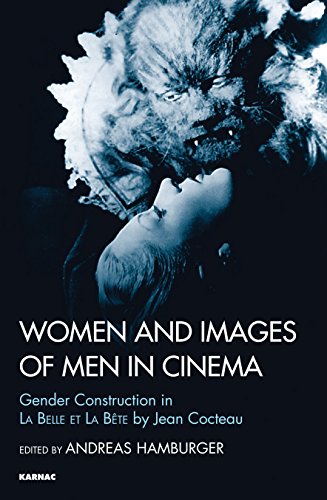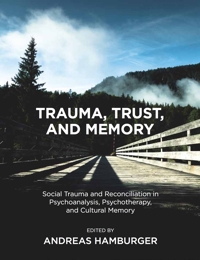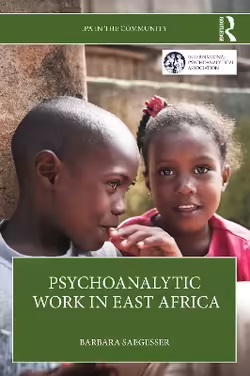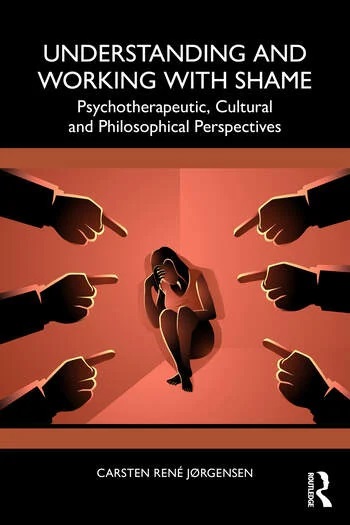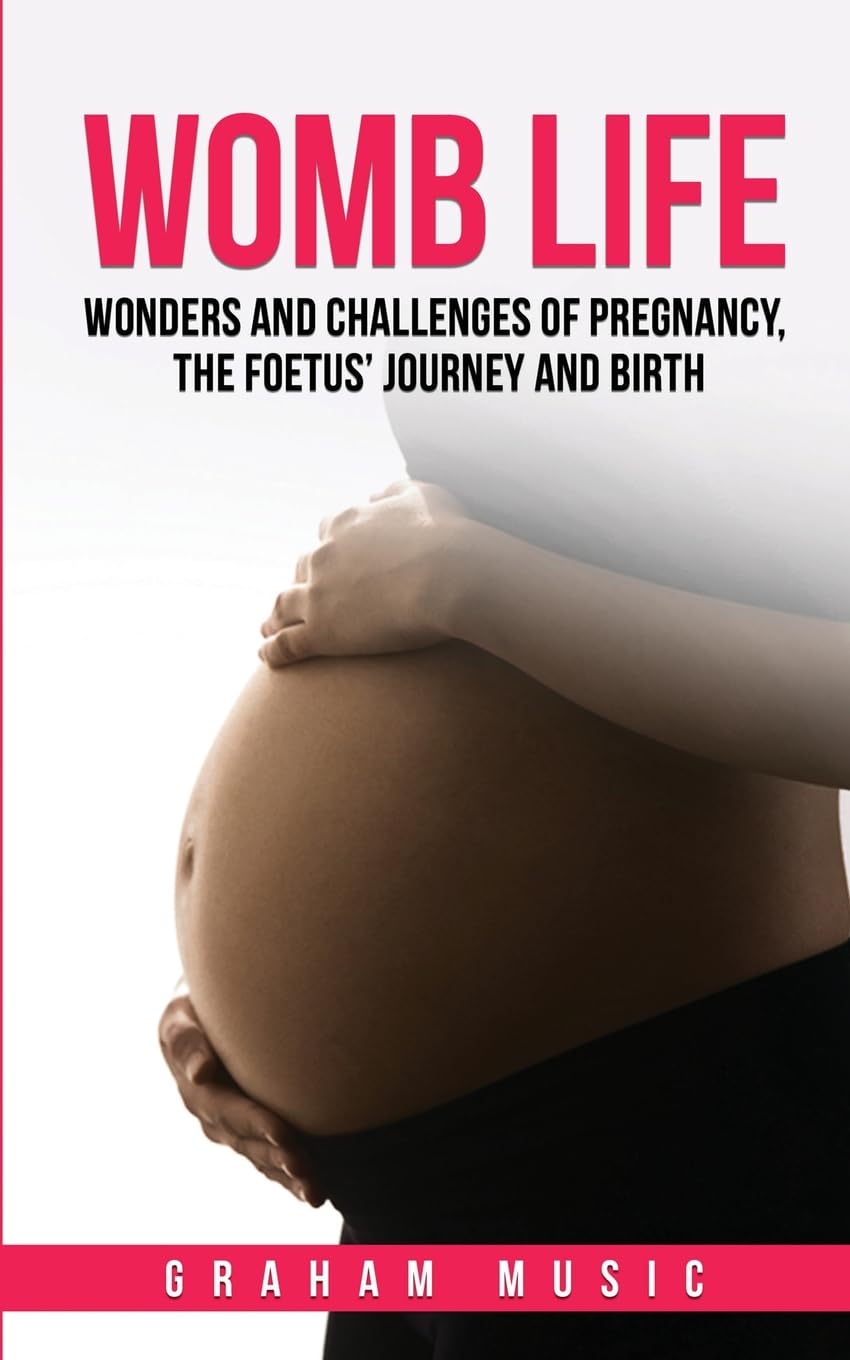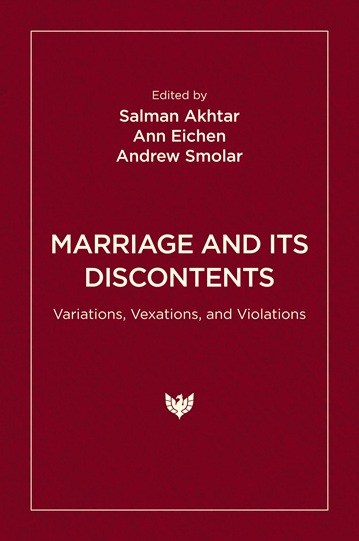Screening the Scars: The Cinematic (In)visibility of Social Trauma
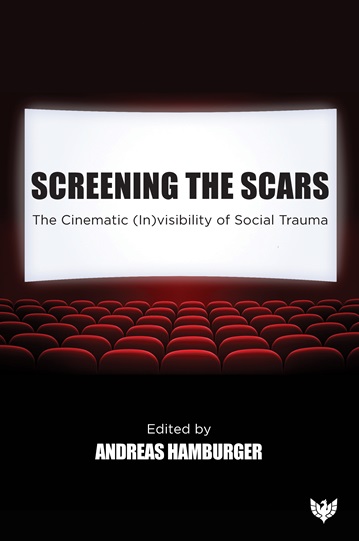
Book Details
- Publisher : Karnac Books
- Published : November 2024
- Cover : Paperback
- Pages : 298
- Category :
Psychoanalysis - Catalogue No : 97822
- ISBN 13 : 9781800132900
- ISBN 10 : 1800132905
Also by Andreas Hamburger
There are currently no reviews
Be the first to review
Using the cultural medium of film to show how very differently social trauma is negotiated and narrated in different societies, a varied group of international experts offer a careful analysis of the psycho-historical roots of differently motivated losses of trust in social instances in connection with the concept of social trauma.
In the last decade, the concept of trauma has experienced a surprising boom in sociological and media debates. In a culture of outrage, blanket narratives of victimhood often overshadow the concrete, known social violations and their observable real economic and psychological consequences. The aim of this volume is to reflect on this shift in discourse and to compare it with the concrete historical backgrounds and psychosocial constitutions of countries that have been haunted by social trauma in different ways. In discussing feature films from Germany and four Balkan countries, the book presents the distinct social-traumatic histories, how they are negotiated in different societies, and the motifs cinema uses to narrate them.
The award-winning films featured are Sadilishteto [The Judgement], Grbavica [Esma’s Secret – Grbavica], Muškarci ne placu [Men Don’t Cry], Enklava [Enclave], Der Staat gegen Fritz Bauer [The People vs. Fritz Bauer], and Sonbahar [Autumn]. The individual film analyses are each accompanied by interviews with the filmmakers and introduced by overarching themes, the role of cinema as a place of social understanding in a post-traumatic society, and the methodology of film analysis.
With contributions from the worlds of film, psychoanalysis, activism, psychiatry, film studies, literary and cultural studies, psychology, trauma studies, philosophy, psychotherapy, and human relations, this book has a broad appeal. It is a must-read for those looking for a deeper insight into social trauma and the impact of sociocultural factors, shown so clearly through the filmmaker’s lens.
Reviews and Endorsements
It is a fascinating reading experience to discover how this book combines an understanding of social trauma – using cinematic art as a representation – and social processing of traumatic historical events – in particular using many examples from countries with differing cultures – alongside a specific psychoanalytical approach to film interpretation. The editor compares social trauma with an initially invisible “elephant in the room”, which only becomes visible through the spectator's inner encounter with the film. This comparison is actualised in an oppressive but at the same time illuminating way in a ten-year, multinational, and interdisciplinary working group on traumatic experiences of war and dictatorship in various countries. In addition to the excellent interpretations of exemplary films, the openness with which the intrusion of trauma into the collegial group and the way it is dealt with deserves the highest recognition.
Heribert Blass, Dr med (DPV), IPA president elect
If you want to put together in one book the cinematic (in)visibility of social trauma, focusing mostly on Balkan region cinema; if you are interested in the specific influence of historic past and contemporary social and political events on the individual mindset of the people of this region, recalling the famous aphorism that “The Balkans produce more history than they can withstand...”, then this book is your best choice covering the current bibliography on the subject. Prof Dr Andreas Hamburger’s collection is a representative sample of texts by highly qualified professionals and their up-to-date analyses and positioning of the most relevant films.
Professor Dr Bojidar Manov, Bulgaria, film scholar, NATFIS, FIPRESCI
Screening the Scars takes the reader on a journey through lands devastated by conflict and corruption. Psychoanalyst Andreas Hamburger leads an interdisciplinary team of scholars who explore the multiple renderings of social trauma found in contemporary cinema. The essays do not shy away from the bleak landscapes and the apocalyptic spaces of post-violence where damage and destruction reign supreme. Individual case studies are paired up with filmmakers’ interviews that give fascinating insights into the intentions behind important cinematic texts. The constellation of transnational material and parallels across cultures and above borders widens and deepens our understanding of social trauma and the therapeutic function of cinema.’
Dina Iordanova, emeritus professor of global cinema, University of St Andrews, Scotland
Screening the Scars: The Cinematic (In)visibility of Social Trauma is an impressive addition to the psychoanalytic dialogue on social trauma between psychoanalysis and film which is particularly valuable for the illuminating interviews with filmmakers. Hamburger et al. emphasise the importance of acknowledgement and remembering against the universal pull towards forgetting. Highly recommended and sadly all too relevant today.’
Dr Anne Patterson, psychoanalyst, co-director of European Psychoanalytic Film Festival
Screening the Scars is a valuable dialogue between psychoanalysts and cineasts, not only about the aftermath of war crimes or the wide practice of atrocities, but also about having a voice and surviving. Cinema becomes a self-reflecting social act, mostly by depicting the everyday as a witness, one that triggers discomfort and incites meaning where empty silence once resided. It interprets by making us feel the deep footprints of everyday excess left in us or the unspeakable, so-called non-representable effects of trauma, so we reach a recognition of the unseen scars of yesterday. Forgotten, these will likely become the fresh wounds of tomorrow.
Anatol Reghintovschi, psychoanalyst, film director
This collection powerfully invites us all to hold onto the importance of artistic and therapeutic witnessing of trauma, and to continue to do so, even when we would prefer to look away.
David Curl, Therapy Today, Volume 36, Issue 5, June 2025
Table of Contents
About the editor and contributors
Introduction: Cinematic art and the void
Andreas Hamburger
Part I: Cinematic experience of social trauma
1. The elephant and the screen. Cinema in the aftermath of social trauma
Andreas Hamburger
2. Screening memory in trauma cinema
Dijana Jelača
3. Screening post-Yugoslav trauma and therapy
Tatjana Petzer
Part II: Films and talks
4. Filming history, filming trauma. Relational psychoanalysis of cinematic art in the post-traumatic void
Andreas Hamburger
5. Border of hope and death. Stephan Komandarev’s Sadilishteto [The Judgement] and repetition compulsion
Vivian Pramataroff-Hamburger
6. Injustice in past and present. Sadilishteto [The Judgement]
Stephan Komandarev in conversation with Camellia Hancheva
7. Jasmila Žbanić’s Grbavica: The land of my pain
Nadia Kozhouharova
8. “Let’s relax – this is going to go on”: On time and trauma
Jasmila Žbanić in conversation with Damir Arsenijević
9. Trauma, society, and art
Ajna Jusić in conversation with Dženana Husremović
10. Trauma and reconciliation in contemporary Balkan cinema: Alen Drljević’s Men Don’t Cry (2017)
Svetlozar Vassilev
11. Cinema of reconciliation
Alen Drljević in conversation with Maida Koso-Drljević
12. Container–contained and broken bonds in Goran Radovanović’s Enklava
Camellia Hancheva
13. Social trauma in Serbia: the importance of history and the power of repentance
Goran Radovanović in conversation with Biljana Stanković
14. The People v. Fritz Bauer. Lars Kraume’s film against forgetting
Andreas Hamburger
15. The People v. Fritz Bauer
Lars Kraume in conversation with Friederike Bassenge
16. Özkan Alper’s Sonbahar [Autumn]
Cem Kaptanoglu
17. Exploring social trauma and cultural resilience
Özcan Alper in conversation with Gamze Özçürümez on Sonbahar [Autumn]
18. Epilogue: Cultures and mournings. A comparison of social trauma cinemas, with an epilogue on elephants
Andreas Hamburger
Index
About the Editor(s)
Andreas Hamburger psychoanalyst (DPG/IPA), and training analyst (DPG, DGPT), is professor of clinical psychology and psychoanalysis, International Psychoanalytic University, Berlin. He is author, editor, and co-editor of numerous books, book series, and a journal on his main research topics: psychoanalytic supervision, film psychoanalysis, social trauma. Recent English books are Hamburger, Hancheva, & Volkan (Eds.), Social Trauma – An Interdisciplinary Textbook (Springer, 2020); Pramataroff-Hamburger & Hamburger (Eds.), From La Strada to The Hours – Suffering and Sovereign Women in the Movies (Springer, 2024); Hamburger, Film Psychoanalysis – Relational Approaches to Film Interpretation (Routledge, 2024).
Customer Reviews
Our customers have not yet reviewed this title. Be the first add your own review for this title.
You may also like
Understanding and Working with Shame: Psychotherapeutic, Cultural and...
Carsten René Jorgensen
Price £29.99
Womb Life: Wonders and Challenges of Pregnancy, the Foetus' Journey and Birth
Graham Music
Price £9.99
Marriage and Its Discontents: Variations, Vexations, and Violations
Salman Akhtar
Price £26.99
save £3.00


